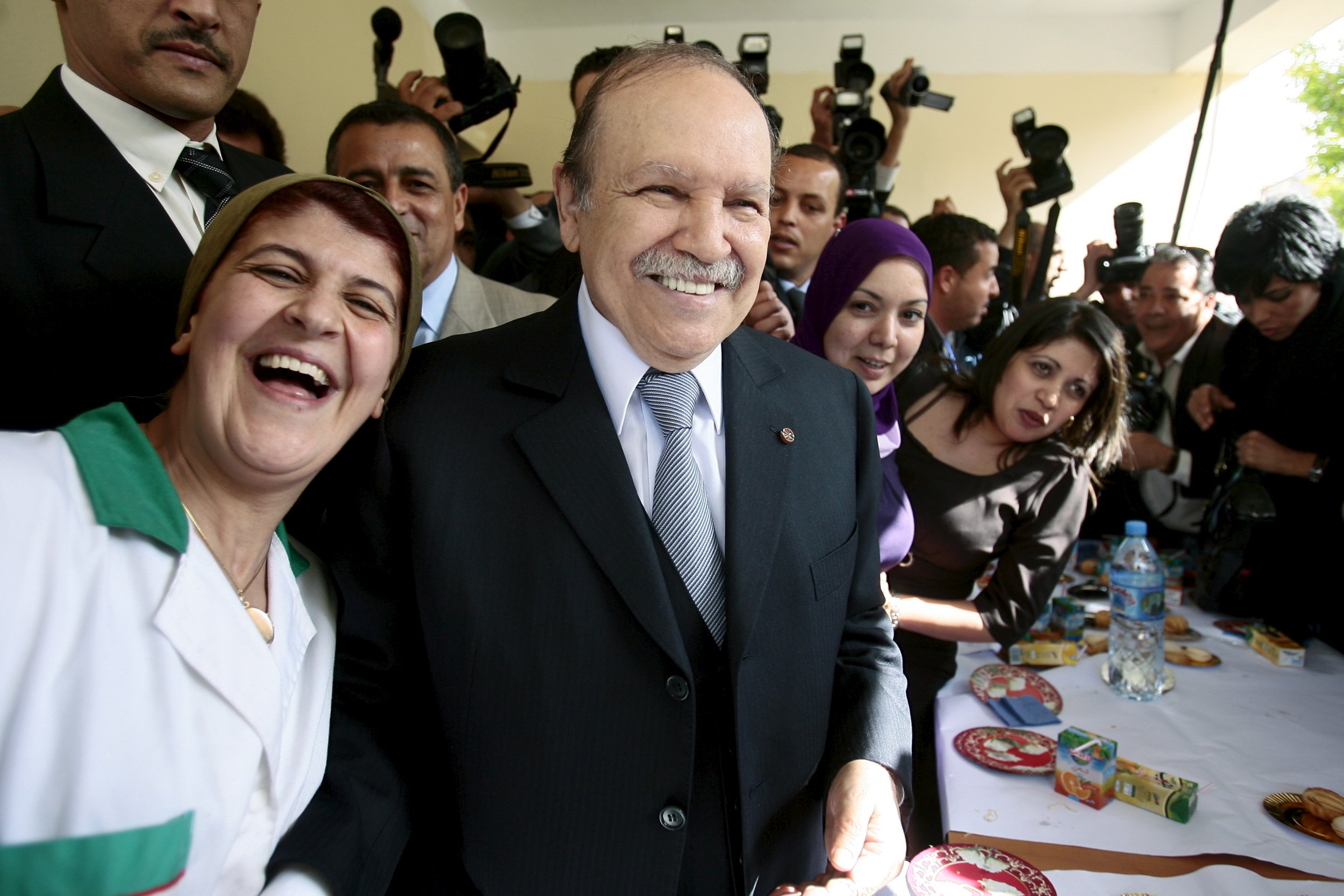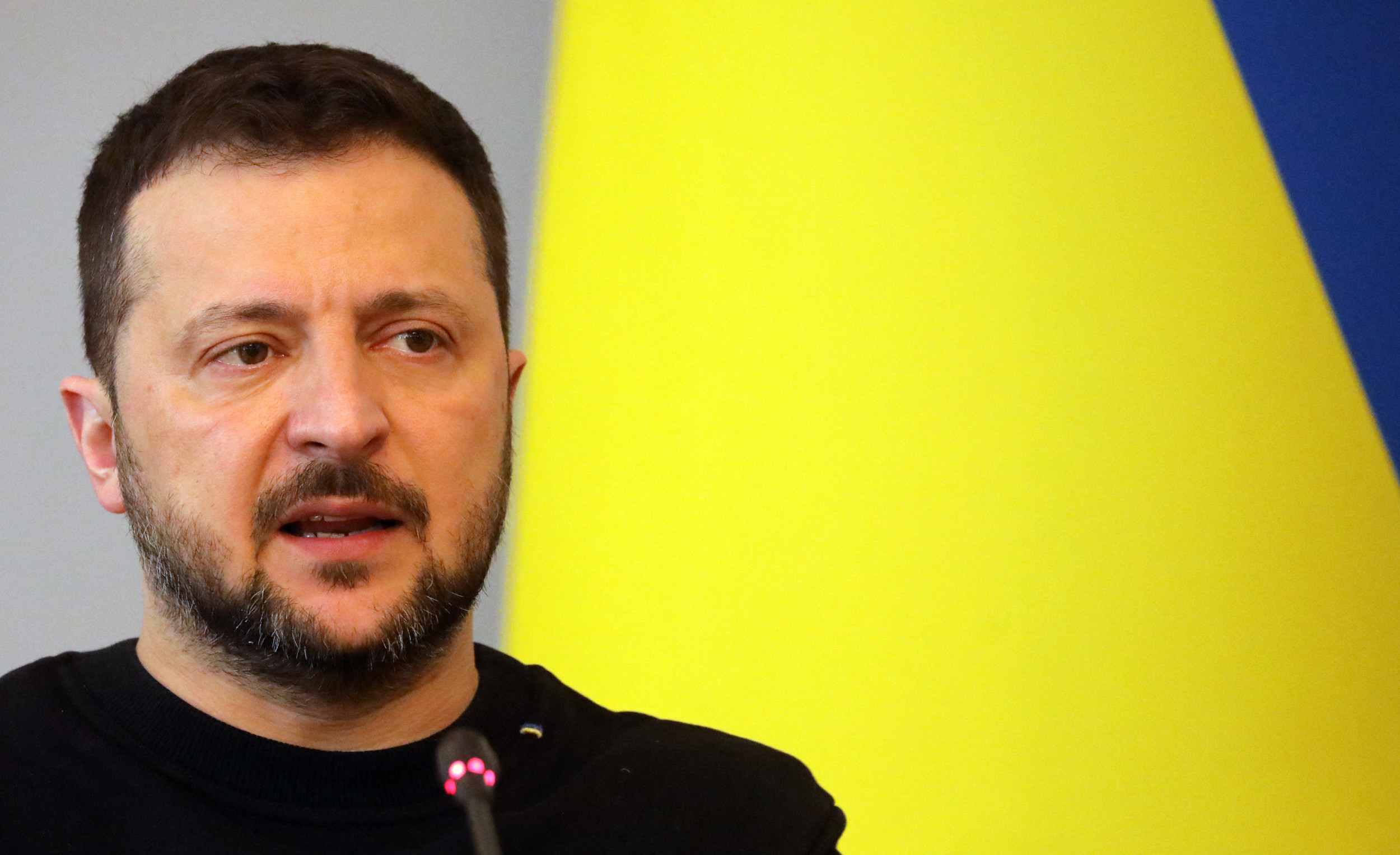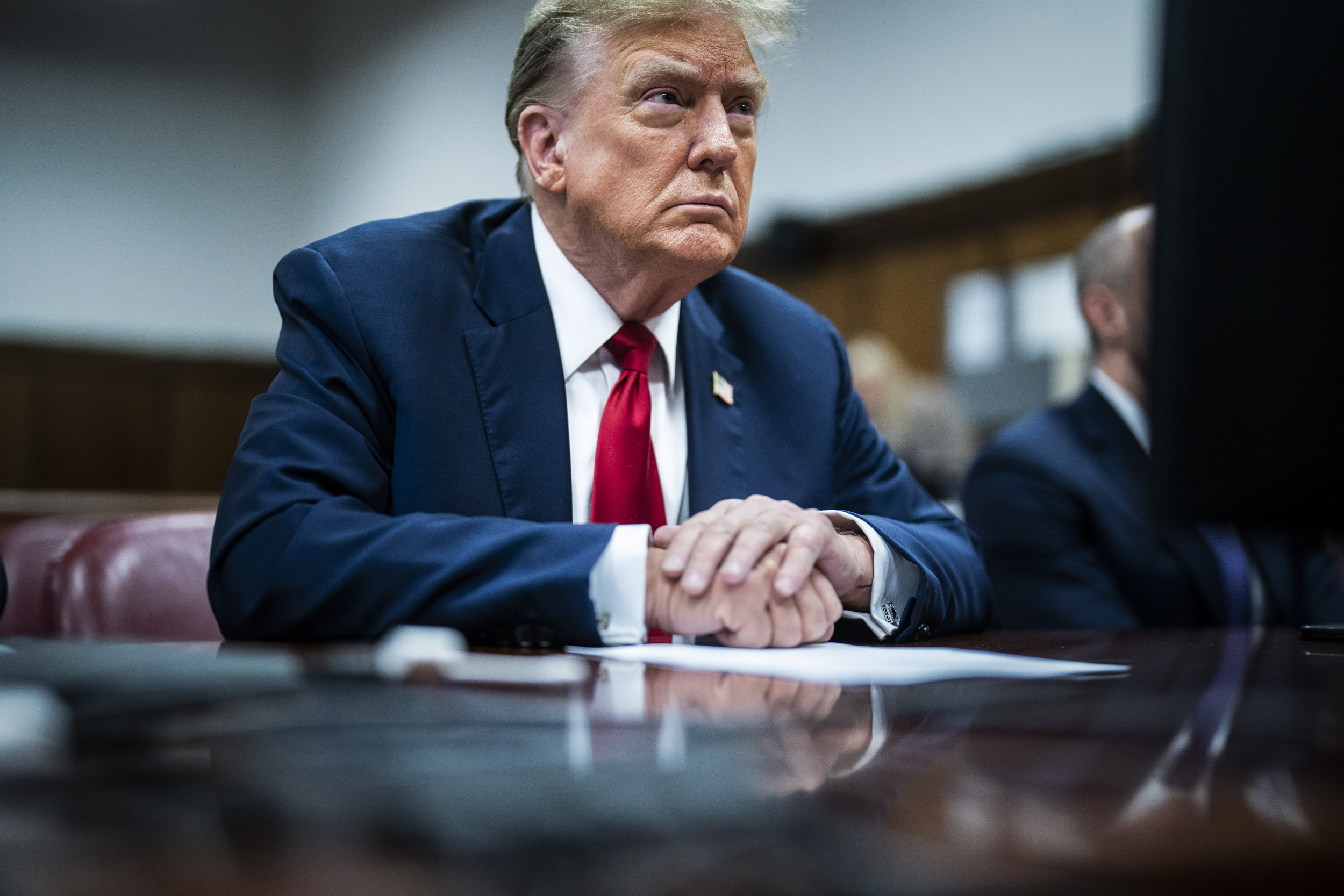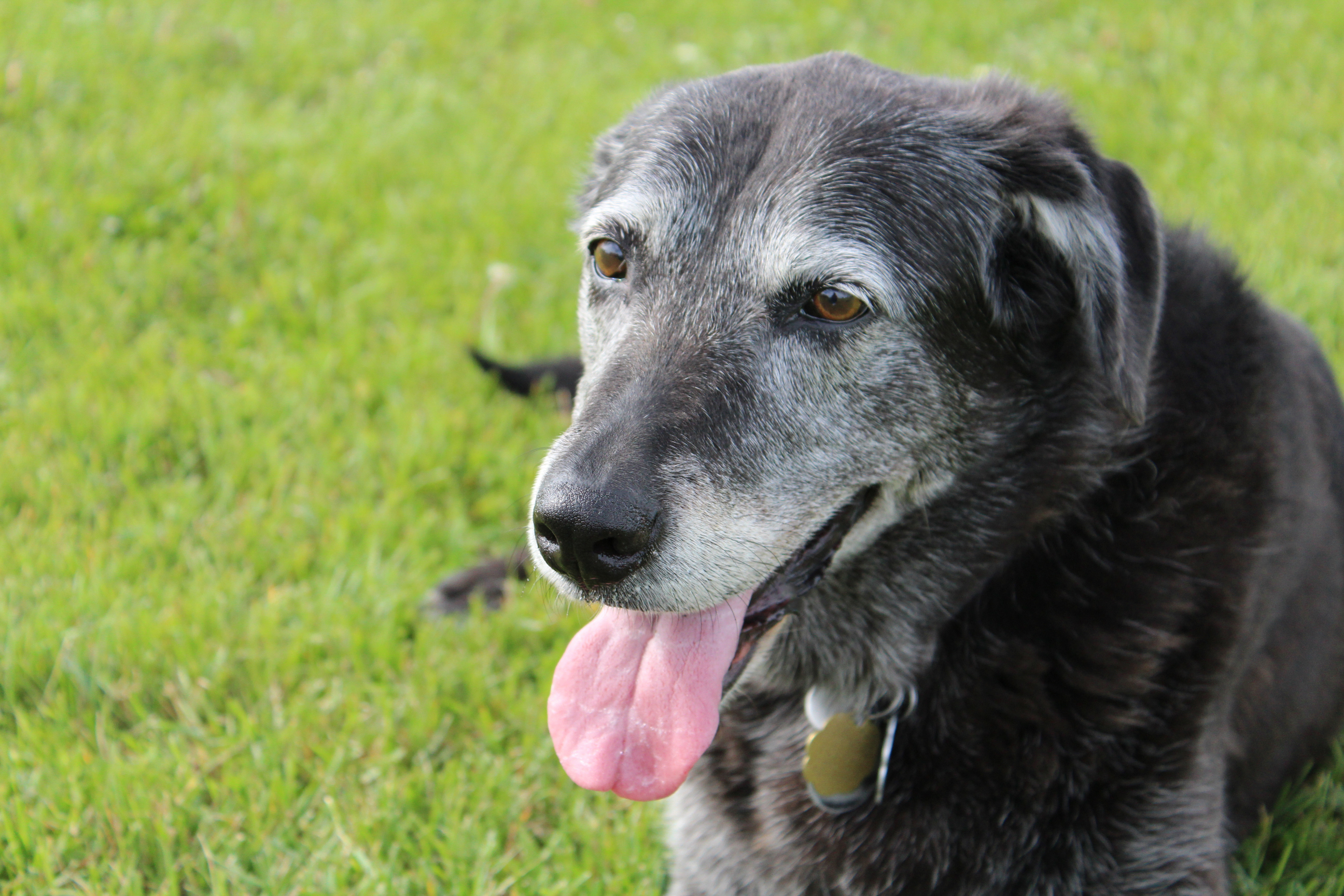
Since the conclusion of its bloody civil war two decades ago, Algeria has been shrouded in secrecy and suspended in motion. Supported by huge oil wealth, the country's triumvirate—the presidency, the intelligence services (DRS) and the army—has been able to maintain stability. But growing tensions between these central pillars of power, which in the past have heavily relied on each other, have unsettled the leadership just as it faces the challenge of implementing much-needed economic reforms.
A clear source of instability is the failing health of President Abdulaziz Bouteflika, who has led the country for the last 18 years. Bouteflika, who is nearly 80, has been in poor health for a number of years. He suffered a stroke in 2013 and has been traveling to Grenoble for medical treatment ever since. Infrequent public appearances during this time have prompted speculation that his mental health has deteriorated. His supporters maintain that he remains in control, but some believe that his brother, Said, is calling the shots. Nonetheless, the uncertainty over his ability to rule, and the absence of a clear successor, appears to have fueled a power struggle between the DRS, the army and his office, the presidency.
This struggle has been evident for several years. In 2011, the once dominant DRS instigated a series of corruption probes, such as the investigation into the state oil firm Sonatrach, which cast unwanted attention on individuals close to the presidency. The DRS has also sought to wield influence by allegedly exaggerating, and in some cases abetting, Al Qaeda in the Islamic Maghreb, or AQIM, in a cynical effort to win backing from foreign powers engaged in the war on terror. These allegations of ties between the intelligence and extremism have tested the patience of the presidency and the army.
The Amenas oil terminal hostage crisis in January 2013, which ultimately cost the lives of 40 foreign workers, was a watershed moment. Militants took over the terminal in the east of the country, demanding an end to French anti-terror operations in neighbouring Mali, in return for the safe passage of hostages.
Some commentators believe that the DRS, driven by fear of having its complicity with the terrorists uncovered, wanted to quash any lines of negotiation. Whatever their motivation, a DRS commander at Amenas, General Athmane Tartag, overruled the army's call for restraint and sent in his men in to shatter the tense standoff by force. This put the DRS on a collision course with the army. Seizing an opportunity to clip the DRS's wings, Bouteflika retired its chief, Mohamed Mediene, also known as General Toufik, notorious among other things for being the world's longest-serving intelligence chief.
Bouteflika also placed key units of the DRS under the authority of army chief Ahmed Gaid Saleh. It remains unclear why Tartag was appointed as Mediene's successor, but it seems that it was part of the presidency's attempts to bring the DRS under its direct control.
Amid the power struggle, the country, like the world's other major energy producers, is facing economic difficulties as oil continues to languish around the $50/barrel mark for the second consecutive year, without any likely prospect of a significant recovery. Although Algeria's low debt levels have eased the financial pain, there has been a steady depletion of its sovereign wealth fund—the Revenue Regulation Fund. With oil continuing to represent around 95 percent of export earnings, it is clear that Algeria faces a pressing need to find ways to diversify its economy. Recent growth figures were as disappointing as the country's exit from the African Cup of Nations—previous successes in the tournament have been a source of national pride. Non-oil growth has slumped and increases in production in the energy sector have failed to bolster GDP.
To remedy the ailing economy, the government has proposed a series of reforms. They aim to encourage private sector growth, while trimming public spending and raising revenue through VAT and taxes on electricity, fuel and tobacco. Some of the latter measures have provoked unrest, with rioters in the eastern city of Bejaia clashing with police and torching state buses at the start of January. Authorities blamed an alliance of importers, wholesalers, distributors and currency traders for inciting the rioters in an attempt to have the government back down from its plans.
Proposals to overhaul the banking sector—dominated by oversized public lenders—by permitting foreign banks to acquire majority stakes in state-owned institutions would have a positive impact and provide necessary liquidity to spur economic development. But they have simply not been acted upon.
Seemingly preoccupied with their internal manoeuvrings and nervous of change, the country's leaders have shown little political will to implement the reforms, which anyway ignore the elephant in the room. The prevalence of corruption is the real Algerian economic ailment. With their sense of entitlement, the political elite have long skimmed off the nation's wealth, typically through over-invoicing on imports and exports. Algeria's flagship development project, the East-West Highway, fell victim to the national malaise. Originally allocated a budget of $6bn, rampant graft saw the project eventually completed for a price of almost $15 billion, making it mile for mile the most expensive road in the world.
A changing of the guard is imminent, and once the country's new leaders sort out their differences, they will have little choice but to confront seriously the country's prevailing ills. This could open up the economy to foreign investors. The promise of reform has already generated some interest with the Emirati industrial group Emarat Dzayer's entrance into the market and Volkswagen's partnership with Algeria's SOVAC in November. There are undeniable investment opportunities, especially in the energy and banking sectors, but for many the political and economic risks may remain prohibitively high for some time to come.
Max Wrey is an analyst at Alaco , a London-based business intelligence consultancy.
Uncommon Knowledge
Newsweek is committed to challenging conventional wisdom and finding connections in the search for common ground.
Newsweek is committed to challenging conventional wisdom and finding connections in the search for common ground.
About the writer
To read how Newsweek uses AI as a newsroom tool, Click here.








